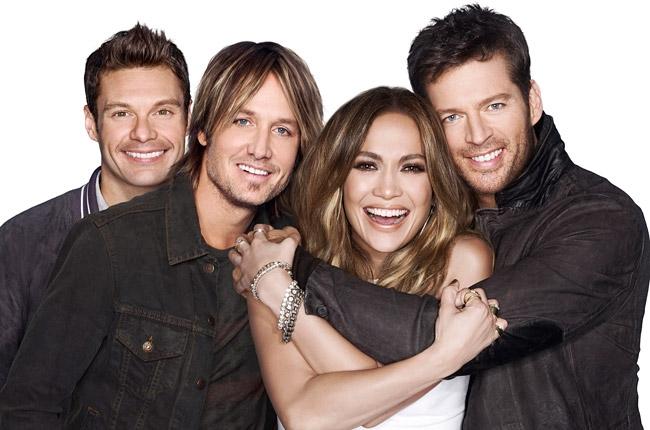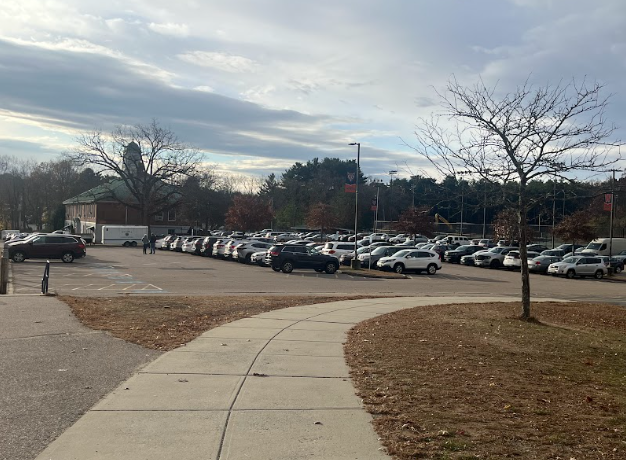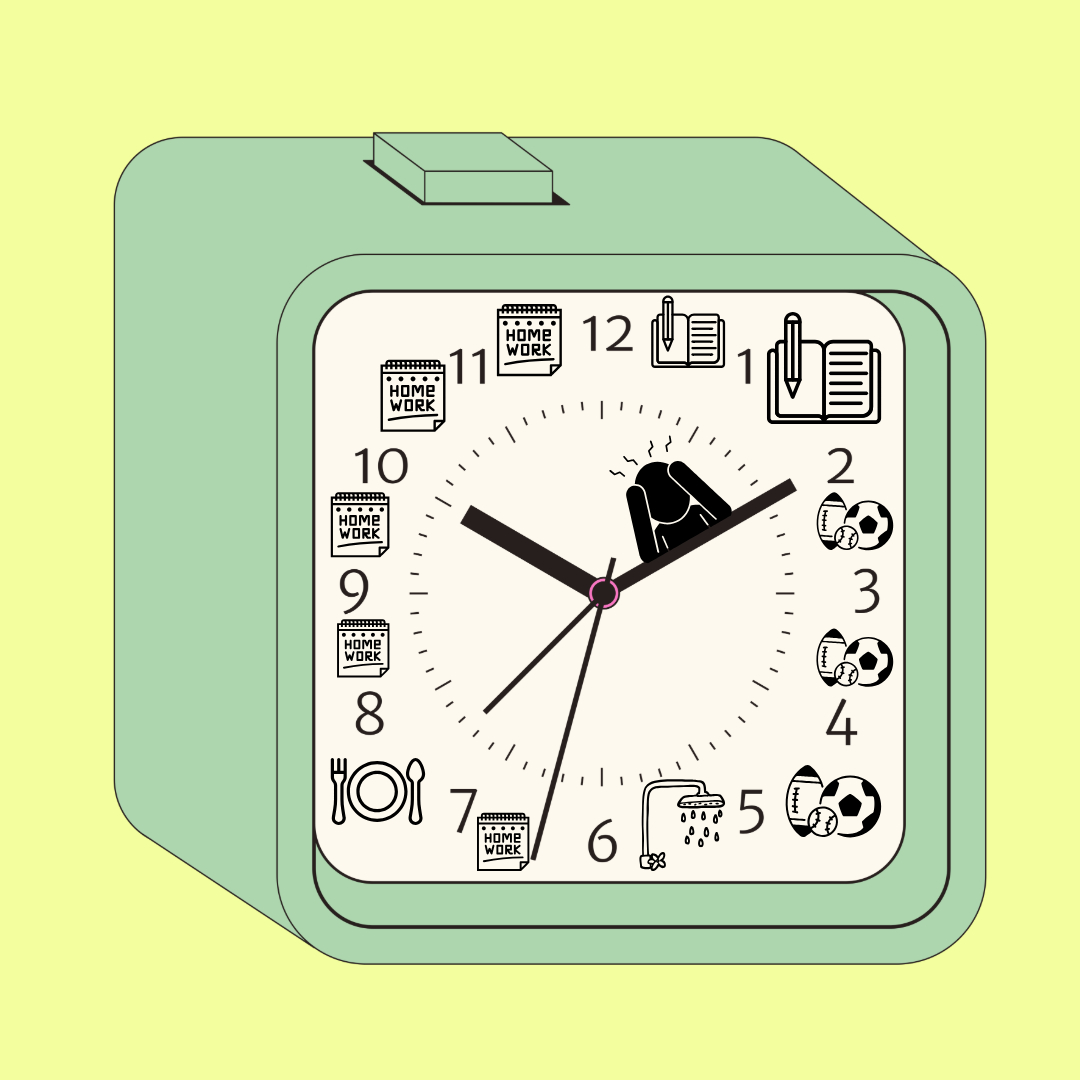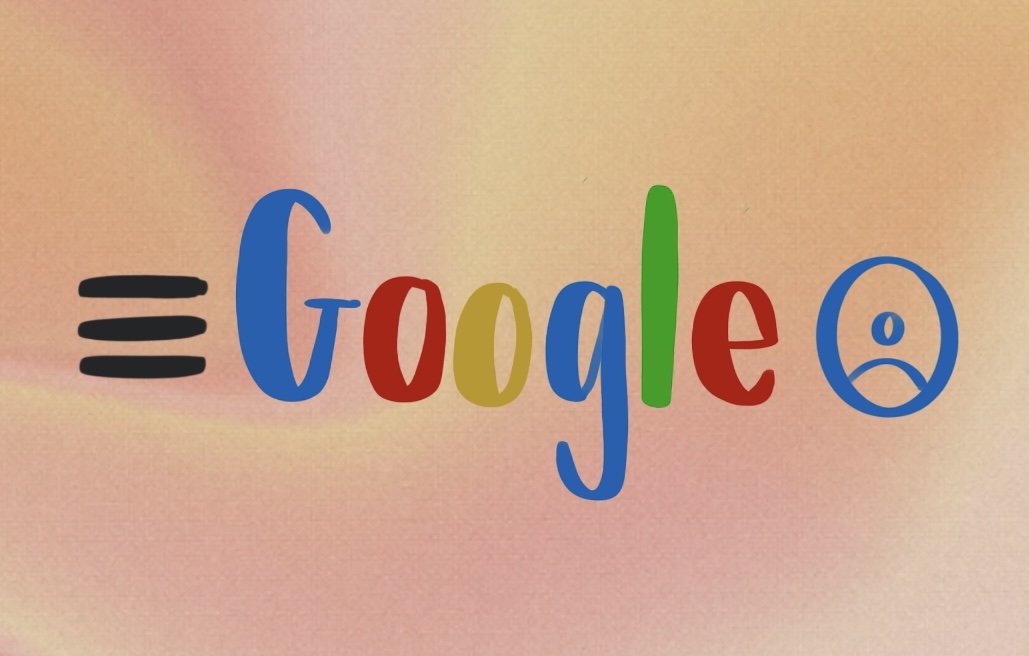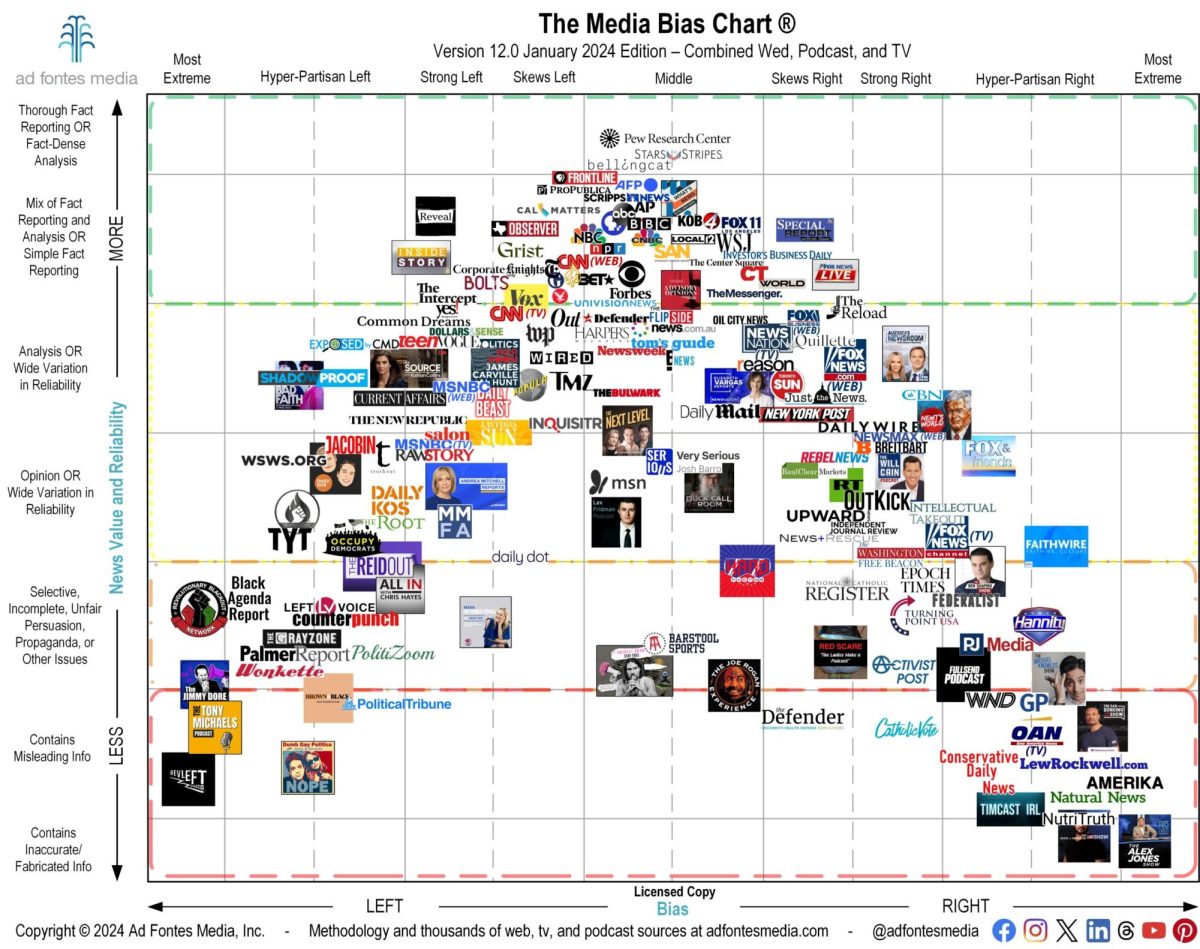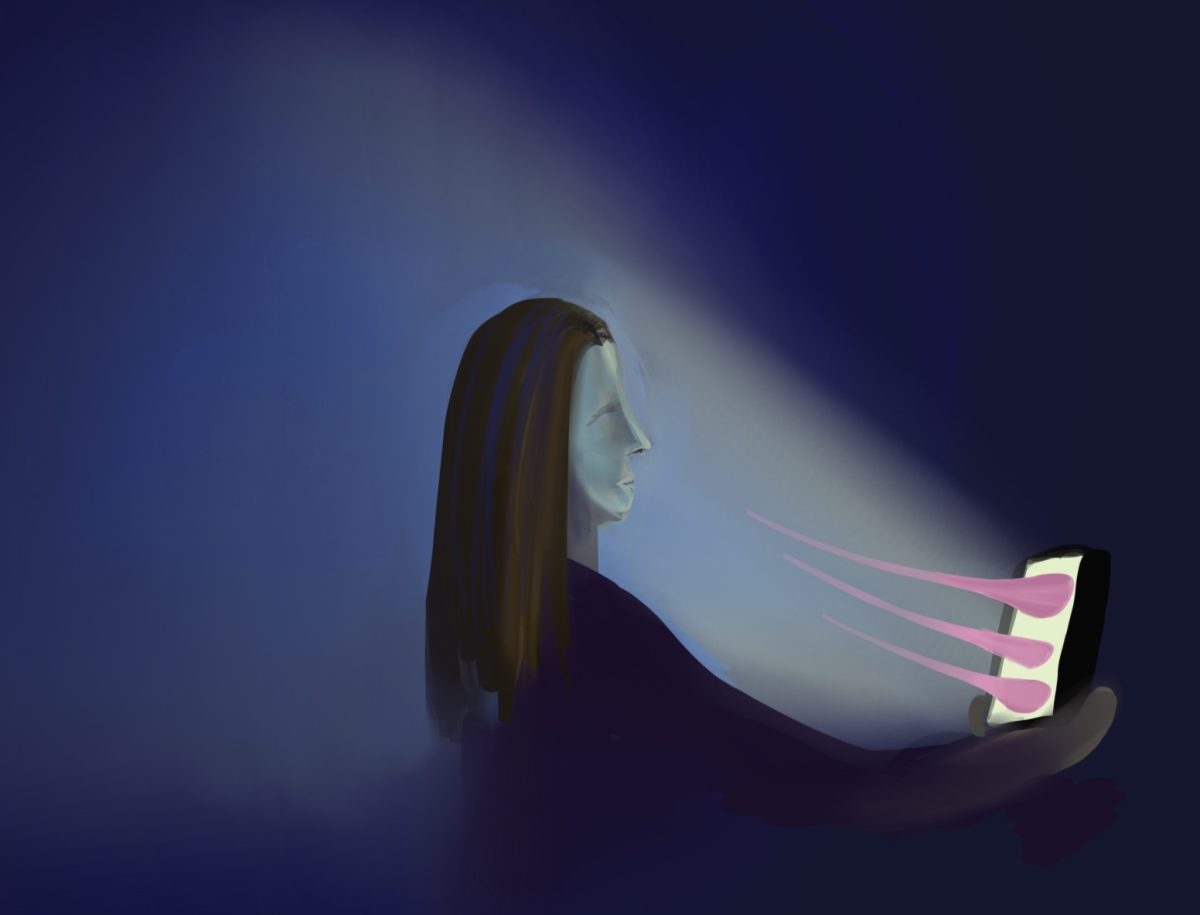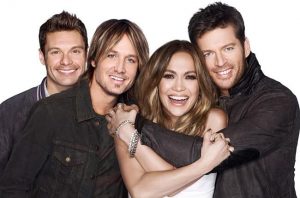
Eleven years ago, to most Americans, Caleb Johnson — the most recent winner of American Idol — would be a household name. But today, just several days since the show’s fourteenth season aired, the victor’s name is known to few, just 10.1 million, the smallest Idol finale audience garnered by the show since its premiere season. By contract, Caleb Johnson will receive a record deal because of his feat, but will he really find success? Shows like American Idol and The Voice discover talented performers, sure, but because of the surplus and nature of these shows, viewers are no longer interested in supporting these reality shows and artists.
For many years, American Idol transformed the lives of average Americans destined for the spotlight. Its highlights included the start of Kelly Clarkson (Season 1 winner)’s and Carrie Underwood (Season 4 winner)’s Grammy-winning careers. Other contestants not victorious on Idol also found success in the music and entertainment industry. Idol‘s own Chris Daughtry (Season 5) started the popular band Daughtry following his brief stint on the show and Jennifer Hudson (Season 3) resurfaced after receiving an Academy Award for her role alongside Beyonce in the movie-musical Dreamgirls.
The show has also had its fair share of massive failures. The decline of American Idol might as well be attributed to the downfall of the Season 5 victor — Taylor Hicks. Most well known for being a twenty-something year-old with white hair and a sub-par voice, Hicks quickly lost his earned record deal after his album failed to sell even a few copies. From then on, most victors of American Idol have not become noteworthy members of the music world. Forgetful names such as Lee DeWyze, Kris Allen, and David Cook have plagued the reputation of Idol.
As the show progressed, Idol producers sought to renew viewers as the three judges — Simon Cowell, Paula Abdul, and Randy Jackson — even began to abandon the program. In bringing in comedian and talk-show host Ellen DeGeneres as judge in Season Nine, the judging panel lost a large sum of its credibility. The kind comments of DeGeneres — someone who knows absolutely nothing about music — softened the criticism of the original judges. Additionally, the introduction of other poor judges such as the bizarre Nicki Minaj and musical burn-out Jennifer Lopez in later seasons further hindered the show’s popularity and credibility. This season, Ryan Seacrest remains host as always and the judging panel consists of Lopez, country crooner Keith Urban, and singer Harry Connick, Jr. Despite the change in judges, there expectations for Idol‘s popularity remain the same.
NBC’s The Voice which premiered in 2011 first garnered interest from viewers for its unconventional style of holding auditions. In their “Blind Auditions,” the four judges — Christina Aguilera, Adam Levine, Blake Shelton, and Cee-Lo Green — are seated facing the audience, rather than the performer. In this way, the judges can base their opinions solely on the contestant’s voice, instead of their outward appearance. If a judge wants the current performer on his or her “team,” he or she will press a button that swivels their seat around to face the contestant. If two or more judges press their button, a fight for the contestant ensues among the judges.
The idea of these auditions is enticing; the audition episodes of The Voice generally draw a large viewing audience. Furthermore, unlike Idol, this show features in its auditions only the best performers from around the country based on their YouTube submissions and does not show any bad auditions for comedic purposes like Idol does. But in the end, like American Idol in recent years, the winners of The Voice have been unsuccessful. Unknown victors like Javier Colon (Season 1) and the most recent winner Josh Kaufman are virtually unknown figures to music listeners. Similar to Idol, The Voice has made changes in its judges panel, too. Levine and Shelton have been the only consistent members throughout the show. For several seasons, Aguilera and Green took time off while singers Shakira, Usher, Gwen Stefani, and Pharrell Williams filled in. These replacements, too, did not attract more viewers to The Voice.
So what is the real problem? Why are reality talent competitions no longer popular and why haven’t these shows been canceled? The answer lies in the changed technology and appeals of today’s young adult demographic — the category to whom these shows aim to please. Just last year, Fox pulled the trigger to end Simon Cowell’s X Factor — another singing based competition — after just three seasons. Fox should take the same action against American Idol and NBC for The Voice.
When Idol started in 2002, the concept of YouTube was non-existent. The show was one of the first well-done talent shows of the new millennium and it was to most, a new, feasible way to gain fame and a record deal. Based off of Simon Cowell’s British flagship Pop Idol, American Idol captivated audiences with the talent it found all around the country. Years later, the internet took over. The advent of YouTube in 2005 changed the ways people gained access to all kinds of videos. Day after day, thousands of people posted music videos and song covers, and many users gained large followings based on their work. Successful teens like Justin Bieber got their starts after music producers saw their performances on the website, and after meeting with them, were soon to receive a record deal. His story is not unlike many other YouTube stars who have achieved success online that helped kickstart big careers. YouTube and the web in general, have helped make dreams — once only feasible through reality talent shows — possible by the click of a button online, and because of that, these television programs have crumbled.
Furthermore, in today’s society, people tend to be drawn to a different style of reality television. Rather than envy the pure talent they see on shows like Idol and The Voice, most people look to reality shows like Real Housewives, Dance Moms and Keeping Up with the Kardashians to see chaos, drama, and situations that viewers are lucky to watch and laugh at the expense of others rather than experience themselves. Mockery, shame, and embarrassment now play a crucial part in reality television, and young people these days are more captivated by random pandemonium rather than true talent.
Today, people no longer watch shows like American Idol and The Voice. The internet and appeals of other reality shows have impacted their successes, but ultimately throughout many years and seasons of repetition, talent shows have run their course on television — which ultimately happens to any show, good or bad. These shows should end now — leaving a legacy of success and some defeats — before future seasons become true catastrophic failures.


